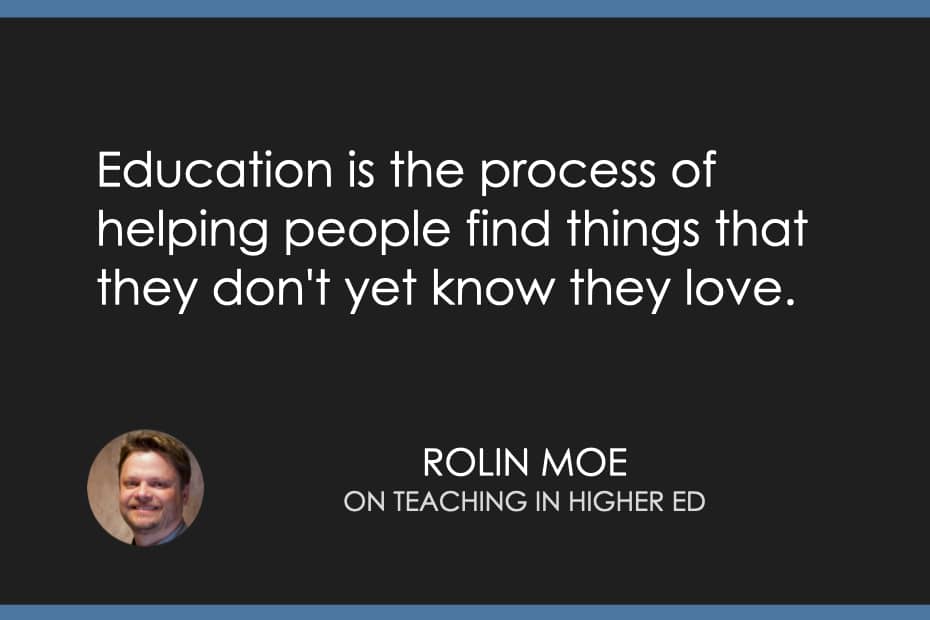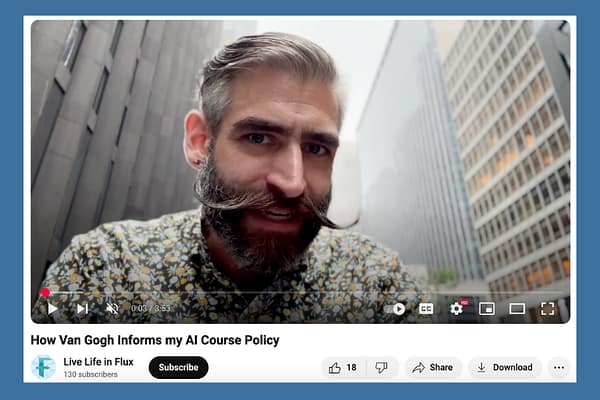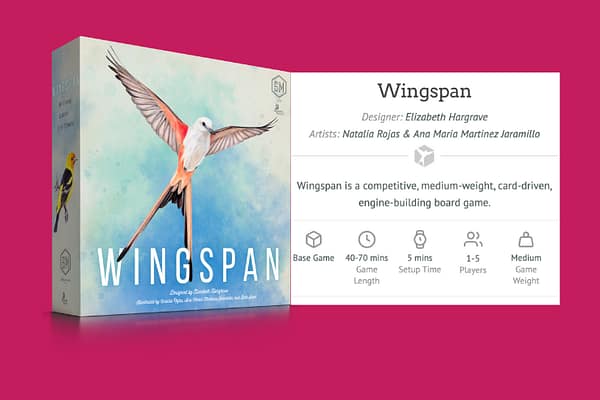Podcast (tihe_podcast):
Play in new window | Download | Transcript
Subscribe: Apple Podcasts | Spotify | RSS | How do I listen to a podcast?
Rolin Moe shares about rebuilding trust in the value of education (among other things) on episode 575 of the Teaching in Higher Ed podcast.
Quotes from the episode

I never again had a static lesson plan. I was always very fluid in whatever I was going to be doing. I knew where I wanted to get, but the road could go in all sorts of different directions.
– Rolin Moe
Learning is a continuous activity in all sorts of areas and all sorts of places.
– Rolin Moe
Education is the process of helping people find things that they don't yet know they love.
– Rolin Moe



